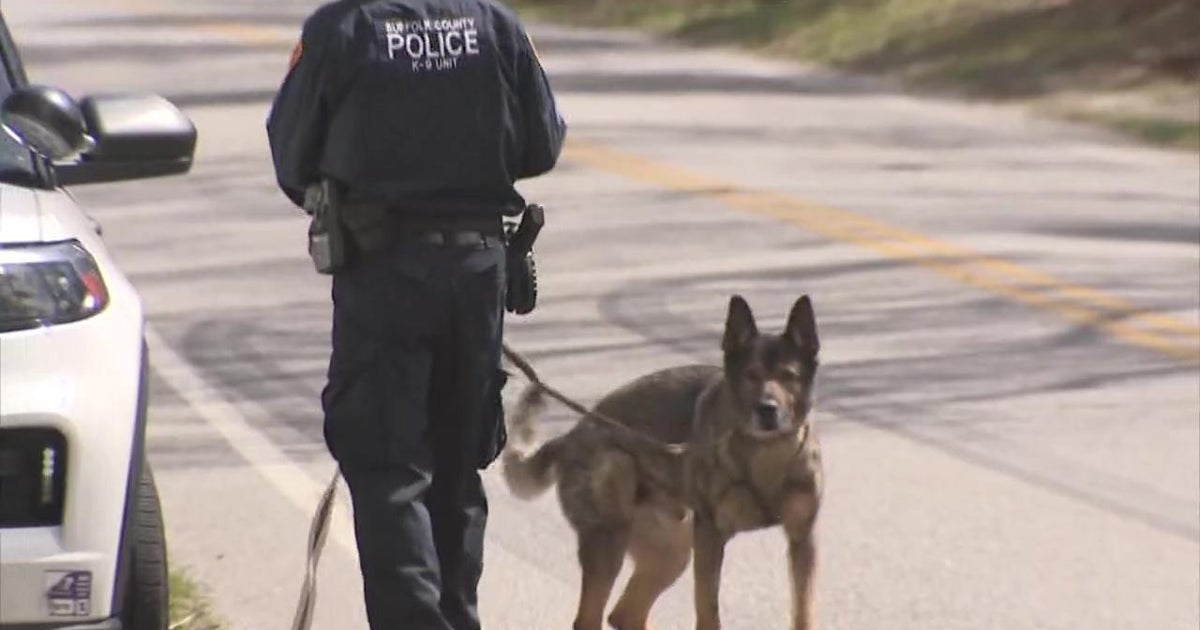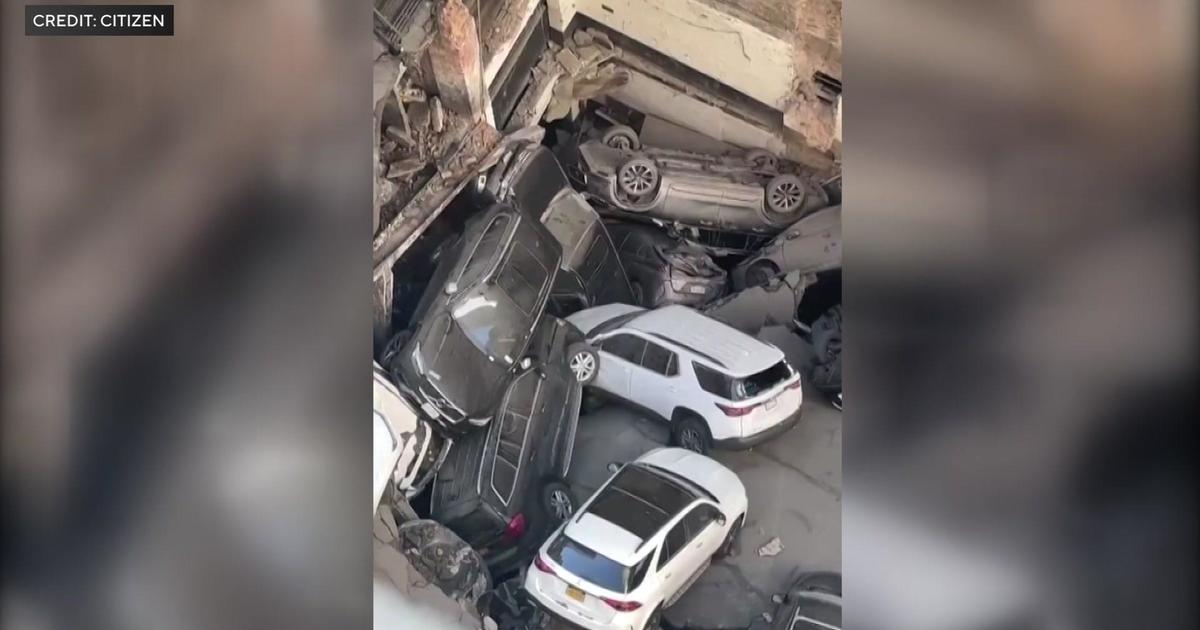Authorities Crack Down On Fake Flea Markets
TRENTON, N.J. (AP) -- Used to be, if you wanted a knockoff handbag or fake fragrance, Lower Manhattan's Canal Street was a mecca.
But with flea markets across the country now carrying the same kind of counterfeit products with poser trademarks, authorities warn that shoppers may get more than they bargain for in poor quality and safety risks while helping fund criminal syndicates in some cases.
"If the price is too good, you have to think about it," said Lt. Mike McDonnell with the New Jersey State Police cargo theft unit. "If you see it at a flea market and it's half the price of normal, you have to think there's something wrong."
RELATED: NYC's Best Flea Markets
The unit seized more than 5,000 pieces of counterfeit product at a flea market in Springfield, N.J., this month, including fake Estee Lauder and MAC cosmetics that retail for more than $300,000.
Four vendors were arrested on charges of possessing counterfeit trademark items, an offense that can carry jail time if more than 1,000 items are confiscated.
The safety risks of buying fake goods are real, experts say.
Counterfeit goods, or knockoffs, are different from the cheaper imitation versions found at major retailers, like Wal-Mart or Target, in that those retailers sell items that follow Consumer Safety Product Commission guidelines.
Fakes usually are smuggled into the country unregulated; nearly 80 percent come from China, according to U.S. customs officials.
Safety risks include fake batteries that contain mercury, electrical products that don't meet safety standards, perfumes found to contain urine and high alcohol content, and clothing made with toxic dyes and flammable materials.
While cosmetics are generally not subject to pre-market approval, the Federal Drug Administration restricts the use of certain ingredients and requires warning labels. Legitimate manufactures can be fined or face other enforcement action if they don't comply.
And if the potential health risks don't scare buyers, the economic risks and potential terror funding should, said Robert Barchiesi, president of the International AntiCounterfeiting Coalition.
"You support organized crime, gang activity, and terrorist organizations that use this as a funding mechanism," he said.
Barchiesi estimates the U.S. economy loses out on at least $200 billion in revenue and 750,000 jobs a year from counterfeit sales.
"This isn't a victimless crime," Barchiesi added.
The sentiment is echoed by local and federal law enforcement, who have been stepping up enforcement of flea markets and other counterfeit clearing houses.
This month alone, customs agents seized $250,000 worth of items at a swap-meet in New Orleans, $350,000 worth of goods at a flea market in Las Vegas, and $150,000 worth of merchandise at one in Solebury, Pa., that included fake trademarks for Nike, Polo Ralph Lauren, Oakley, Ray-Ban, Coach, Louis Vuitton, Chanel, Gucci, Dolce & Gabbana, and UGG boots.
"We're looking where that money is going and what crimes it could be funding," said Pat Reilly with the U.S. Immigration and Customs Enforcement agency in Washington, D.C., a division of the Department of Homeland Security.
ICE cites cases in Philadelphia and Miami in which counterfeit traffickers were linked to terrorist groups, including supporters of Hezbollah, the Lebanese militant group.
"We have traced some of the money out to countries where the link to terrorism is tangental, if not solid. It's a global problem," Reilly said.
At Rice's Market in Solebury counterfeit UGG boots sold Dec. 12. for $50 while the authentic sheepskin classics retail elsewhere for as much as $180. Federal agents who seized the boots said that the boxes for the counterfeits "made in China," which should have tipped off consumers that the boots weren't real.
Manufacturers of the authentic merchandise have an interest in stopping the counterfeit business and often team with police to help tip them off and verify authenticity.
"We go to a great extent to produce a quality product that will last a long time for consumers," said Leah Evert-Burks, director of brand protection at Deckers Outdoor Corp., the high-end Australian shoe company that holds the trademark on UGG boots. "The damage to a brand can be if consumers think it's genuine and have a bad experience."
Jill Marvin, a spokeswoman for MAC and Estee Lauder, said consumers can be assured they are getting the genuine product by shopping at a reputable retailer.
To help consumers and to protect their brand, companies like Estee Lauder and UGG have also started listing authorized retailers on their websites.
But many shoppers still look for a great deal with high-fashion cachet.
Sally Sessoms of Upper Dublin, Pa., didn't let the recent raid at Rice's Market get in the way of her annual Christmastime visit there on a recent Saturday morning.
Most people know the products are fake, she told The Intelligencer newspaper in Doylestown, Pa. "But who cares?"
Someone given a fake as a gift might care if they unknowingly try to return it to a retailer. Security experts say fakes are easily apparent to retailers.
Kevin Dougherty, who has been investigating counterfeits since 1986 through his Manhattan-based company, Counter Tech, said retailers have sophisticated security measures in place to verify their products.
"Fragrance companies can track the fragrance back to the hour and minute it was made and the plant that it was manufactured at," Dougherty said.
And, Dougherty said, consumers have a lower-tech way to figure out if a product is real: Common sense.
"Generally, your best guide for a counterfeit handbag is a woman," he said.
(Copyright 2010 by The Associated Press. All Rights Reserved.)



